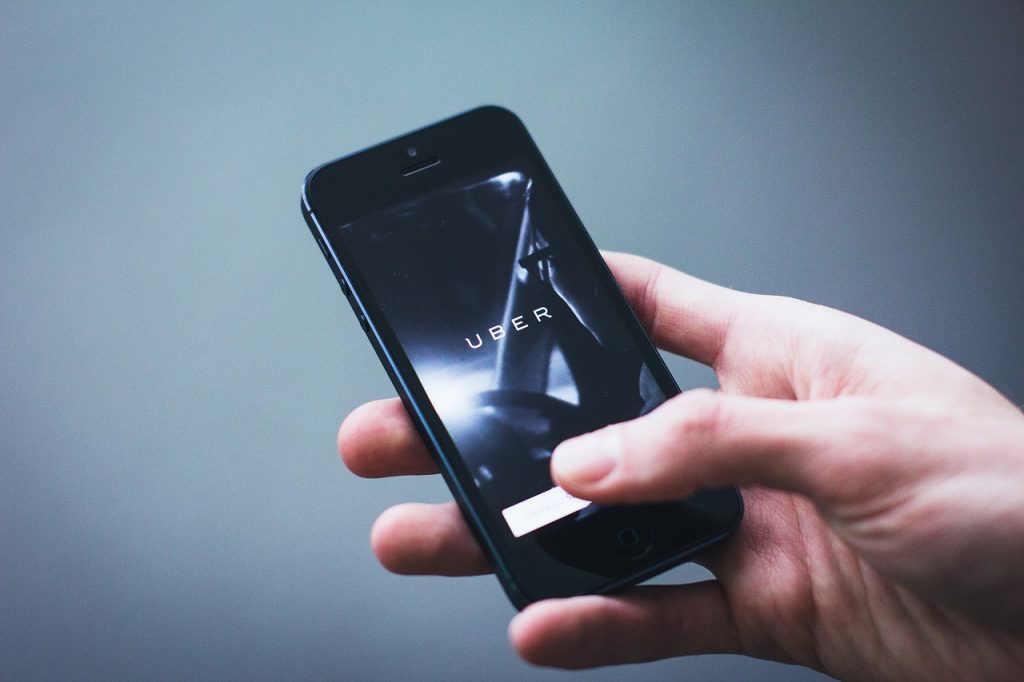I do not know if they have found out but on Tuesday in the United States there were elections, and not only elective positions were voted. Citizens were also consulted for various proposals. For example, en California was considered Proposition 22, which exempts companies like Uber and Lyft from having to classify their workers as employees. Given the stakes, the campaign for the proposition spent $ 200 million, making it the most expensive in state history. Can't you guess who put the most part? Those who opposed the proposal (mostly trade unions) only had a tenth at their disposal
From the new proposal, Uber, Lyft and DoorDash drivers will receive new benefits, such as minimum hourly income, but drivers will not have all the protections and benefits that come with a permanent job. as determined by current law.
The proposition was approved by 58 percent to 41 percent, These data correspond to 71 percent of the votes counted. Proposition 22 groups hailed the result as "a new day for drivers," while opponents criticized it as a "stark takeover."
The discussion about the status of drivers had been going on for more than a year and one of its most salient points was this summer when a California Superior Court judge ordered Uber and Lyft to immediately classify their drivers as employees.
Uber and Lyft threatened to leave California - or slash service - if they were forced to comply with the ruling. Uber CEO Dara Khosrowshahi predicted a sharp rise in fare prices and fewer drivers on the platform if Proposition 22 doesn't pass. If Uber had to hire its drivers, he said, it would only have room for 280.000 workers instead of the 1,4 million currently using the app.
Transportation app drivers want to be independent
Uber and Lyft say that most drivers prefer to be independent because of the flexibility and the ability to set their own hours. But this status also forces drivers to bear all the costs of their work, while depriving them of traditional employee benefits like paid sick leave, health insurance and workers' compensation.
Ultimately the problem is the ignorance of the judges and politicians, the greed of the unions and the economic crisis.
The Internet and mobile devices created a new sector in the job market known as Gig economý.
The gig economy is based on flexible, temporary or freelance jobs, which often involve connecting with clients or consumers through an online platform. The idea is that this job was carried out by students, housewives, retirees or other types of people who wanted a part-time job.
This modality was developed because, on the workers' side, it allowed them to access an additional source of income. without having to give up your main activity, companies can get workers for specific tasks without the administrative costs of a full-time worker, and customers hire services or purchase products at a lower price.
The problem arose when, due to the global economic crisis, many workers in the traditional market were forced to take this type of placements. These people were used to a more stable type of employment relationship and want to obtain the same rights.
I am not defending Uber and Lyft. I do not know what their working conditions are, but they probably behave like any company that has the upper hand. My position is that new problems are not solved with old solutions. What you have to do is give a solution to workers who need a stable work alternative and prevent the abuse of those who really want to work independently for services like Uber or Lyft
